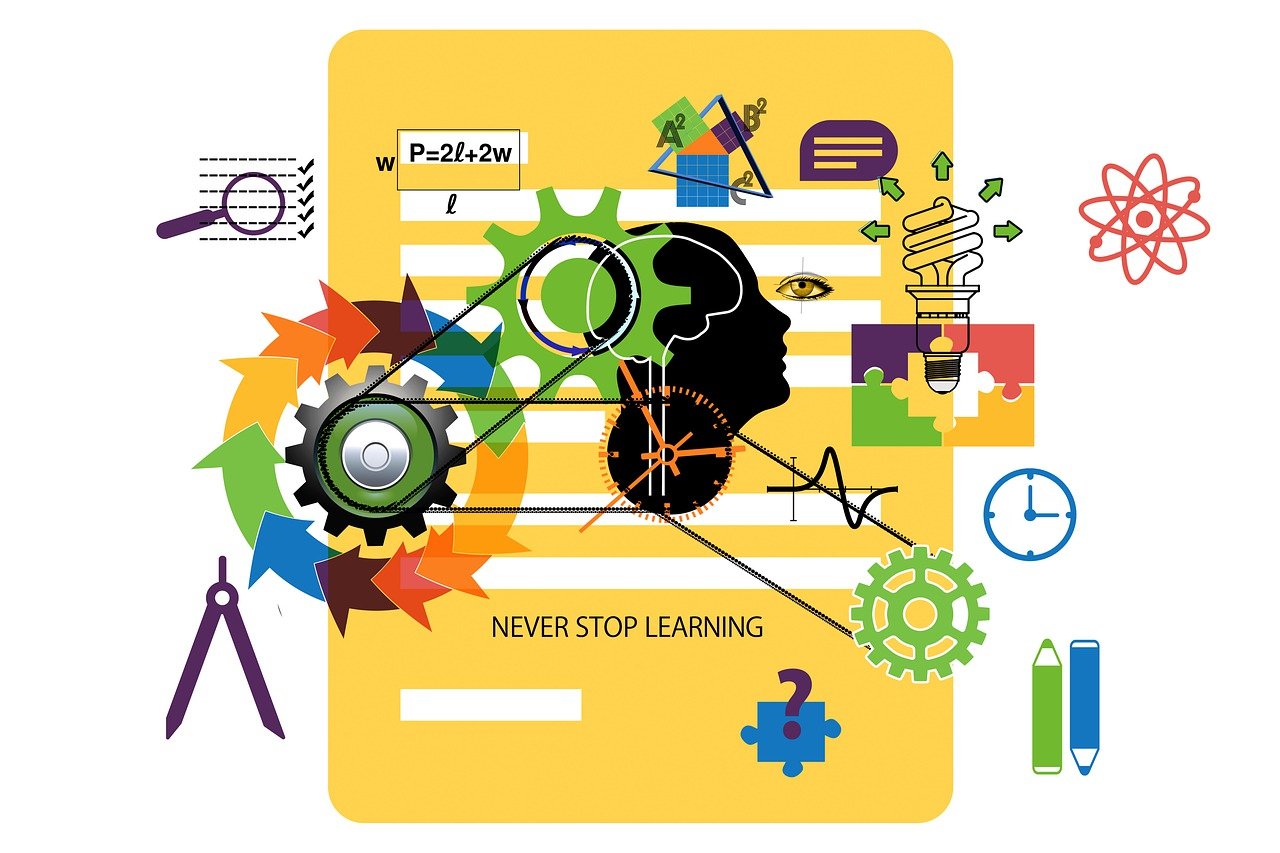Intrinsic vs. Extrinsic Motivation: Fostering a Love for Learning
When it comes to education, personal drive plays a crucial role in one’s success. This internal motivation acts as a driving force that pushes individuals to strive for excellence and achieve their goals. Without personal drive, students may find it challenging to overcome obstacles and stay focused on their educational journey.
Individuals with a strong sense of personal drive are more likely to exhibit a positive attitude towards learning, taking on challenges with determination and resilience. This inner motivation serves as a catalyst for self-improvement and continuous growth. Students who possess personal drive are more likely to set ambitious goals for themselves and work persistently towards achieving them, ultimately leading to greater academic success.
Understanding the Value of Self-Initiated Learning
Self-initiated learning is a powerful tool that enables individuals to take control of their educational journey. This proactive approach to learning allows students to pursue knowledge and skills based on their interests and passions, leading to a deeper understanding and retention of information. By taking the initiative to seek out learning opportunities and materials independently, individuals are able to tailor their educational experience to suit their unique learning styles and preferences.
Furthermore, self-initiated learning fosters a sense of ownership and responsibility for one’s own education. When individuals are actively engaged in determining what and how they learn, they develop a greater sense of autonomy and self-motivation. This intrinsic drive to learn not only enhances academic performance but also promotes lifelong learning habits that extend beyond the classroom setting. Embracing self-initiated learning empowers individuals to become self-directed learners who are capable of adapting to new challenges and opportunities with confidence and enthusiasm.
Exploring External Factors that Influence Motivation
External factors play a significant role in influencing an individual’s motivation towards their goals in education. One of the key external factors is the support system in place, including encouragement from parents, teachers, and peers. Positive reinforcement and acknowledgment of efforts can fuel motivation and drive to succeed.
Another external factor that can influence motivation is the learning environment. A conducive and inspiring setting, whether it’s a physical classroom or an online platform, can enhance motivation levels. Having access to necessary resources and tools also plays a crucial role in keeping individuals engaged and motivated to learn.
Support system from parents, teachers, and peers
Positive reinforcement and acknowledgment of efforts
Conducive and inspiring learning environment
Access to necessary resources and tools
External factors such as the availability of opportunities for growth and advancement can also impact an individual’s motivation. When individuals see a clear path for progression in their education or career, they are more likely to stay motivated and work towards their goals. Additionally, external rewards such as scholarships, promotions, or recognition can serve as incentives that drive motivation.
Moreover, societal influences like cultural norms and expectations can shape an individual’s motivation levels. For example, in cultures that highly value academic achievements or professional success, individuals may feel pressured to excel which can either boost or hinder their motivation depending on how they perceive these expectations.
Overall, understanding the external factors that influence motivation is crucial in creating a supportive environment that fosters growth and success. By recognizing these influences and addressing them effectively, individuals can harness their motivation to achieve their full potential.
What role does personal drive play in education?
Personal drive is essential in education as it fuels motivation, determination, and perseverance to achieve academic goals.
Why is self-initiated learning valuable?
Self-initiated learning allows individuals to take ownership of their education, explore interests, and develop critical thinking skills.
How do external factors influence motivation?
External factors such as family support, peer encouragement, and teacher guidance can positively impact motivation by providing a supportive environment for learning and growth.







